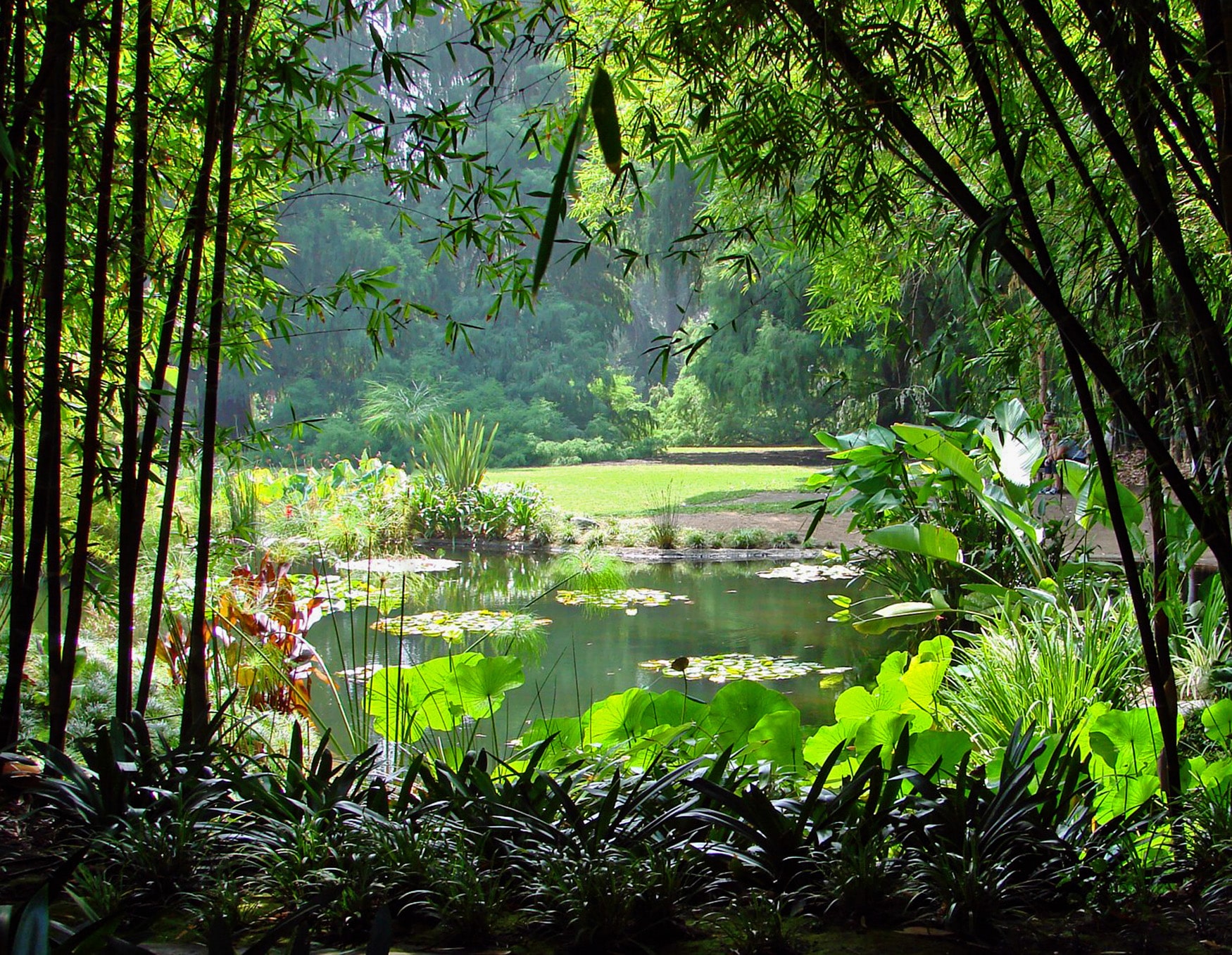Why is it that many humans seem not to believe in or care about the climate crisis?
Last month we looked at how people experience climate crisis and the emotions involved. When the news is unremittingly bleak, some people take a break and stop listening for a while. Others get stuck in a pit of despair.
Some find comfort in alternative views and theories, allowing them to carry on with ‘business as usual’ in the belief that the bad stuff won’t happen yet, or to them, or at all.
This edition of the community issue looks at how activists could be unwittingly contributing to the resistance to change and how to motivate more people to join the movement.
A key ingredient to galvanising more people is missing: a positive and compelling vision of the future.
For example, I’ve always wanted a pond in the garden. The more I read about its benefits, the more attractive the idea became, but the time, effort and cost involved put me off. Until I began to build a picture in my mind of what it could look like.
I took books out of the library, checked online, and visited gardens. I made rough sketches and found help to fill in the gaps. The increasingly clear vision of our garden transformed by a pond tipped the balance. It now teems with wildlife and brings us much pleasure.

If we create narratives that motivate people to change, then all those websites, books and articles that describe a multitude of practical steps will suddenly become a lot more useful and carry more weight.
And what about the barriers or costs that stop us caring or acting? Many of the practical steps can save people money, but some require up-front investment. It takes time to work out what to buy and where to invest.
How can we tell what will have the most impact, or if it’s just greenwash? And what about the emotional cost of holding views that others find difficult to accept?
How can we outweigh these very real costs? We can keep turning up the volume of bad news to create more desire, but it won’t carry much weight until people are personally feeling it, by which time it will be too late.
We can keep adding more and more practical steps, but until people are motivated to take them, they are just empty words of advice.
What we need to hear is a vision that is better than the present and is achievable.
A vision in which we can see ourselves, our children and our grandchildren living happily in a socially and environmentally healthy world. We need to show that ‘if we do this then good things will happen’.
What pictures can you paint of a compelling, positive future? How can you contribute to tipping the balance towards change?
A note for those struggling: many coaches and therapists offer affordable support to people who are working towards positive social and environmental impact. Check out the Climate Coaching Alliance, BACP’s therapist directory, and coaches with links to activist organisations.
This article is part of the Wicked Leeks community email, subscribe here to receive this month’s issue.













0 Comments